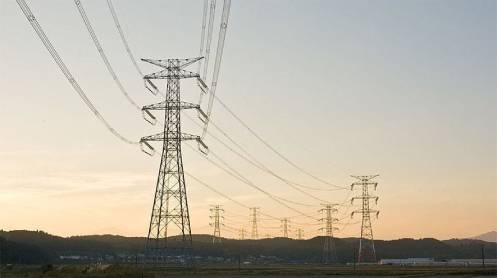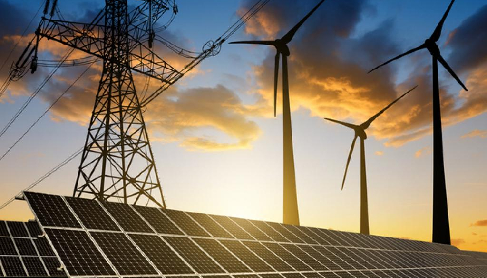LAHORE: The Federation of Pakistan Chambers of Commerce and Industry’s Businessmen Panel (BMP) has assailed the NEPRA to approve another electricity rate hike of up to Rs3.5 per unit under quarterly adjustments, leading to an additional burden of Rs136 billion on power consumers, as energy affordability for industry is critical to boost economic growth in the country.
FPCCI former president and Businessmen Panel (BMP) Chairman Mian Anjum Nisar, calling for charting out a viable way forward to promote renewable energy transition under worsening global and domestic energy inflation for sustainable economic development and providing relief to the industry from external price shocks, he said that until now, consumers were paying an additional Rs1.25 per unit due to ongoing quarterly adjustments.
He added that out of the total increase, the new Rs1.25 per unit will remain, while an additional Rs2.03 per unit will be imposed for the next six months.
The BMP chairman remarked that the energy sector’s success depended on reliability, affordability and accessibility. He said that the increase in electricity tariffs will have varying impacts on different categories of consumers as for households consuming between 1-100 and 101-200 units, there will be a tariff increase of Rs3.2814 per unit. This rate will continue for households consuming 201-700 units, while those using more than 700 units will face an additional charge of Rs3.2814 per unit.
In the case of commercial consumers with a sanctioned load of less than 5kW, they will encounter a uniform rate increase of Rs3.2814 per unit. For commercial consumers with a sanctioned load of 5kW and above, the same rate will apply, along with the introduction of a Time of Use (TOU) category for peak and off-peak consumption, also set at Rs3.2814 per kWh. Electric Vehicle Charging Stations will be billed at the same rate.
He revealed that the major recovery would come from capacity payments amounting to Rs145 billion, to be collected from consumers who had consistently paid their bills. These payments will be disbursed to power plants that remained idle and out of operation. He also stressed the need for improvement in forecasting mechanisms to ensure return on investments for renewable energy projects.
We are confronting a poly-crisis globally and domestically; there is a pressing need for innovative solutions to achieve a balance between soaring energy prices and capacity payment issues to alleviate some of the sufferings of the public. He underlined that there was an immediate need for execution of solar and wind projects through competitive bidding.
He called for tapping into the Green Climate Fund to catalyze the national-level energy transition projects. He emphasized the need for scaling up off-grid systems to address social challenges and increase energy access for marginalized communities. He said opting for wind energy in low-load areas like south Punjab and improving transmission from such points to high-demand areas would prevent transmission losses.
He urged the government to focus on indigenizing the manufacturing of solar PVs, inverters, etc to reduce technology cost and import dependence.
He also called for introducing hybrid renewable energy technologies in areas with low wind pressure to scale up the integration of wind in renewable energy. He urged the government to focus on technology transfer and concessionary financing for the indigenous manufacturing of renewable energy technologies.
Anjum Nisar condemned the move, stating the burden of power theft, mismanagement, and inefficiencies should not be shifted to the trade and industry consumers, as it would prove to be dangerous for overall economy.





